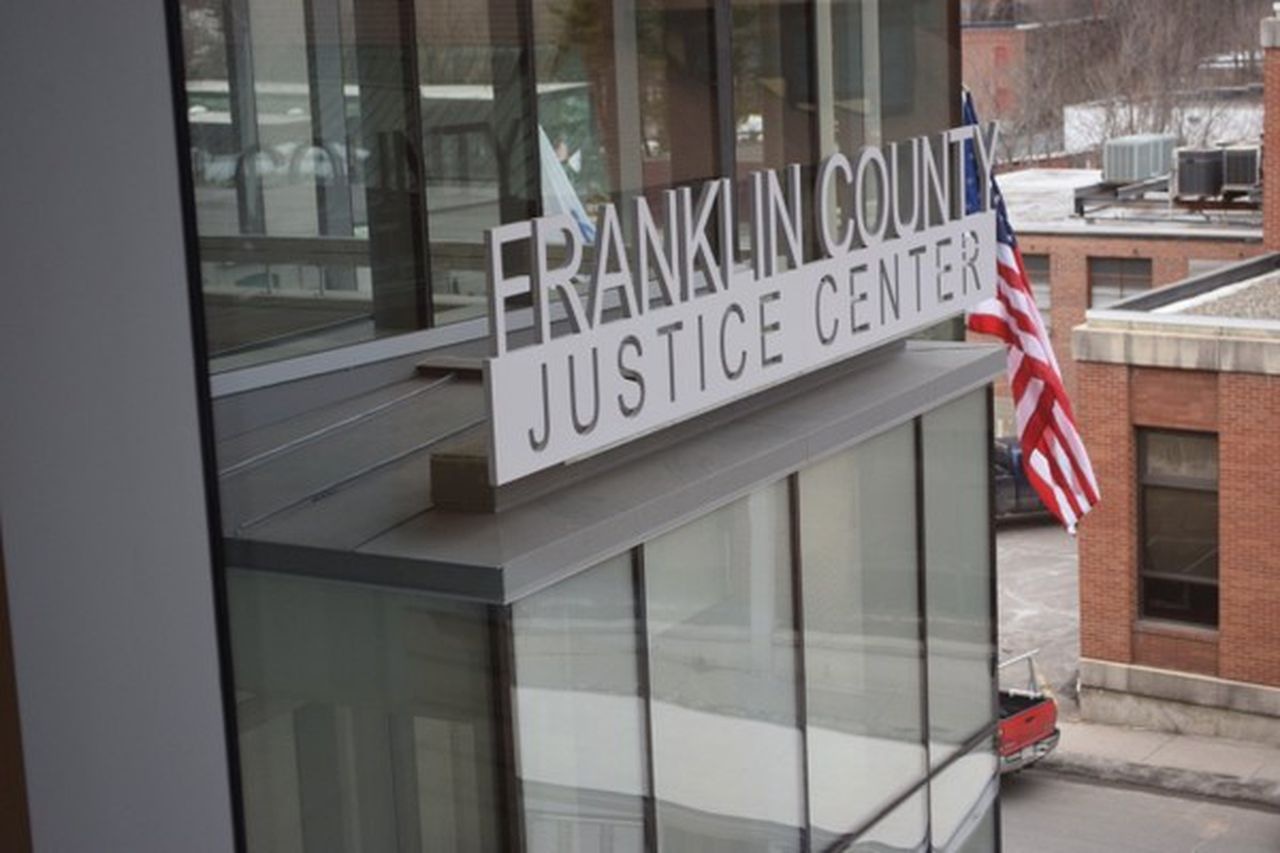
SPRINGFIELD — Extra funding from taxes raised through the Fair Share Amendment will allow the city to increase the number of roads it will pave this year.
The city recently received about $1.64 million from the amendment, which was passed by voters statewide in a 2022 referendum. Known as “the millionaires’ tax,” it adds a 4% tax on the portion of annual income that exceeds $1 million.
The money was earmarked to be used for transportation and education. As part of the law, each city and town is receiving a specific allotment based on the formula that is already used by the state to allocate annual Chapter 90 road and sidewalk improvement money.
“My goal is to use it for paving this year,” said Christopher Cignoli, Department of Public Works director.
The money will be added to the approximaely $3.6 million the city has received this fiscal year in Chapter 90 funds, which will give the city at least $5 million to pave roads this spring and summer. Cignoli said the city is also anticipating some smaller grants for roads and sidewalks.
Last year, the city had about $7 million in funds and paved about 9 miles of roads. This money likely will pave 6 to 7 miles of roads, depending on whether the projects selected involve four-lane roads or narrower two-lane roads.
The City Council last week formally voted to accept the additional grant money but also had questions about how the city selects the streets to be improved.
Every year, the department inspects about a third of the city streets, which total about 444 miles, and assigns each a number to describe their condition. Those considered the worst are put on the highest-priority list to be repaved, he said.
The Department of Public Works tries to spread the money throughout the city, so no neighborhood has multiple streets paved while another area sees no improvements, he said.
Among the most-traveled streets, East Columbus Avenue was paved this fall, and plans call for West Columbus to be done in the spring, he said.
City Councilor Tracye Whitfield asked why she sees resurfacing on recently paved streets, while others go decades without getting any attention.
“Most streets go a minimum of 20 years before repaving,” Cignoli said. “We do crack sealing that extends the life of the roads.”
The biggest problem the city faces is private utility companies digging up roadways that do not need repaving when conducting underground work. The companies are required to repair the streets when that happens, Cignoli said.
Before the city finishes its paving schedule for the season, it contacts different utilities to make sure there are no planned projects on those streets, so new pavement is not ripped up soon after work is completed, he said.
Councilor Jose Delgado also asked about private ways and how they are handled.
“There are dozens of private ways that are horrible,” Cignoli said. “We are trying to get those which are in good shape to be brought up to public way standards.”
He called the private ways the “bane of my existence.” Since the city cannot use state grants to fix private ways, the Department of Public Works does have some bond money that it can use to build up those in very poor condition, so they can be turned into public ways.
Because the formula that is used to determine the amount of state Chapter 90 money the city receives is based on the amount of public road miles in the community and population of the community, there is some benefit to making a private way a public one, he said.





